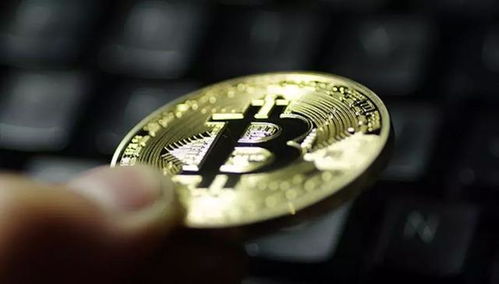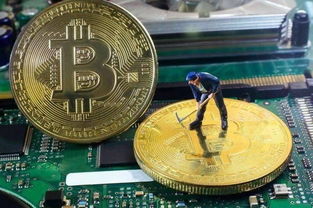Introduction

Bitcoin, the world's first decentralized cryptocurrency, has been a topic of intense debate and speculation since its inception in 2009. One of the most debated aspects of Bitcoin is whether it is currently experiencing a bubble. This article aims to explore the background of the Bitcoin bubble debate, examining the factors contributing to its rise and potential consequences.
Understanding Bitcoin and its Market Dynamics

Bitcoin is a digital currency that operates on a decentralized network called the blockchain. It was created to provide an alternative to traditional fiat currencies, offering users a secure and transparent way to conduct transactions without the need for intermediaries. The limited supply of Bitcoin, capped at 21 million coins, has contributed to its allure as a store of value.
Bitcoin's market dynamics have been characterized by extreme volatility. Since its inception, the price of Bitcoin has experienced significant ups and downs, with periods of rapid growth followed by sudden corrections. This volatility has fueled the debate over whether Bitcoin is currently in a bubble.
Factors Contributing to the Bitcoin Bubble

Several factors have contributed to the rise of the Bitcoin bubble:
Speculative Mania: The allure of potentially high returns has attracted a large number of speculators to the Bitcoin market. As more people buy Bitcoin in the hope of selling it at a higher price, the demand for the cryptocurrency increases, driving up its price.
Media Hype: The media has played a significant role in promoting Bitcoin and its potential as a revolutionary technology. This has generated widespread interest and excitement, further fueling the bubble.
Technological Advancements: The development of new technologies, such as the Lightning Network, has improved the scalability and efficiency of Bitcoin, making it more attractive to users and investors.
Global Economic Uncertainty: The ongoing global economic uncertainty, particularly in the wake of the COVID-19 pandemic, has led many investors to seek alternative investments, including Bitcoin.
Consequences of the Bitcoin Bubble

The Bitcoin bubble has several potential consequences:
Market Volatility: The bubble could lead to increased market volatility, with sudden price corrections that could impact both investors and the broader economy.
Regulatory Scrutiny: The bubble may attract the attention of regulators, who could impose stricter regulations on the cryptocurrency market, potentially stifling innovation and growth.
Financial Risk: The bubble could pose financial risks to investors, particularly those who have invested heavily in Bitcoin without fully understanding the associated risks.
Is Bitcoin a Bubble or a Long-Term Investment?

The debate over whether Bitcoin is a bubble or a long-term investment continues to rage. Proponents argue that Bitcoin's unique properties, such as its decentralized nature and limited supply, make it a valuable asset for the future. Critics, however, argue that Bitcoin's current price is driven by speculative mania and that it lacks the fundamental value of traditional assets like stocks and bonds.
Ultimately, the fate of the Bitcoin bubble may depend on a variety of factors, including regulatory actions, technological advancements, and the broader economic environment.
Conclusion

The Bitcoin bubble debate is a complex issue with no clear-cut answer. While Bitcoin has the potential to become a significant asset class in the future, its current price may be driven by speculative mania and market hype. As investors consider their exposure to Bitcoin, they should carefully weigh the risks and rewards associated with this volatile cryptocurrency.
